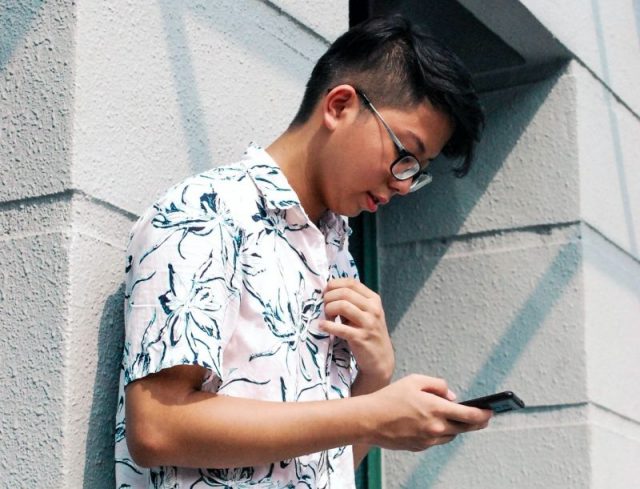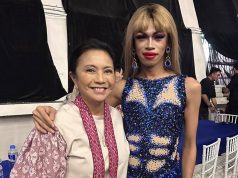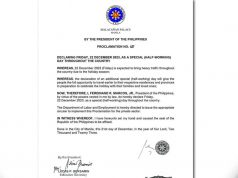
The majority of online users in Southeast Asia still share information on social media without double-checking its veracity, according to a top cybersecurity firm.
In a study conducted in November 2020, Kaspersky’s research team found that 76% of online users from the region have kept themselves updated with the news and current affairs from social media networks such as Facebook, Twitter and Instagram.
Last year, the internet became the new go-to place for shopping, work, class and even news consumption when nations were locked down to prevent the spread of the 2019 coronavirus.
Going online for those activities is a behavior prevalent among Gen Z individuals at 83%, closely followed by millennials at 81%, baby boomers at 70%, and Gen X at 62%.
Millennials verify more than other generations
Two in 10 or 18% of the respondents, however, do not verify what they share online, thus contributing to the spread of online misinformation.
In contrast with other generations, respondents who are millennials are less likely to check unchecked information. About 16% said they hit the share button without verifying.
Gen Z individuals are top sharers of unverified information at 28%, followed by Gen Xers at 21% and baby boomers at 19%.
This study was conducted among 1,240 respondents from 18 to 65 years old in Australia, India, Malaysia, Philippines, Singapore, and Vietnam last November.
Psychologist Beverly Leow from Mind What Matters explained that self-presentation is a possible reason for the low rate of verification among online users.
“Social media presents us many different types of narratives. Sometimes a particular incident or event may have several conflicting narratives or versions, and verifying the truth of the matter or the validity of the information presented may be more time consuming and require more effort than hitting the “share” or “repost button,” Leow explains,” Leow was quoted as saying.
In the Philippines, a large public has been falling victim to false and misleading information circulated on social media, determining their courses of action.
Last January, fans of veteran TV host Willie Revillame waited outside his studio on his birthday after seeing unverified posts that promised free money and other prizes.
Just this month, Vice President Leni Robredo and former interior secretary Mar Roxas, her running mate in the 2016 elections, debunked anew viral social media posts about them.
Kaspersky suggested five tips to avoid being a victim of fake news:
- Check the source.
- Research and read thoroughly before sharing information on social media.
- Discern social media conversations first before entering into them.
- Turn your social media settings to ‘friends only’ and be careful what you share.
- Secure your devices.









